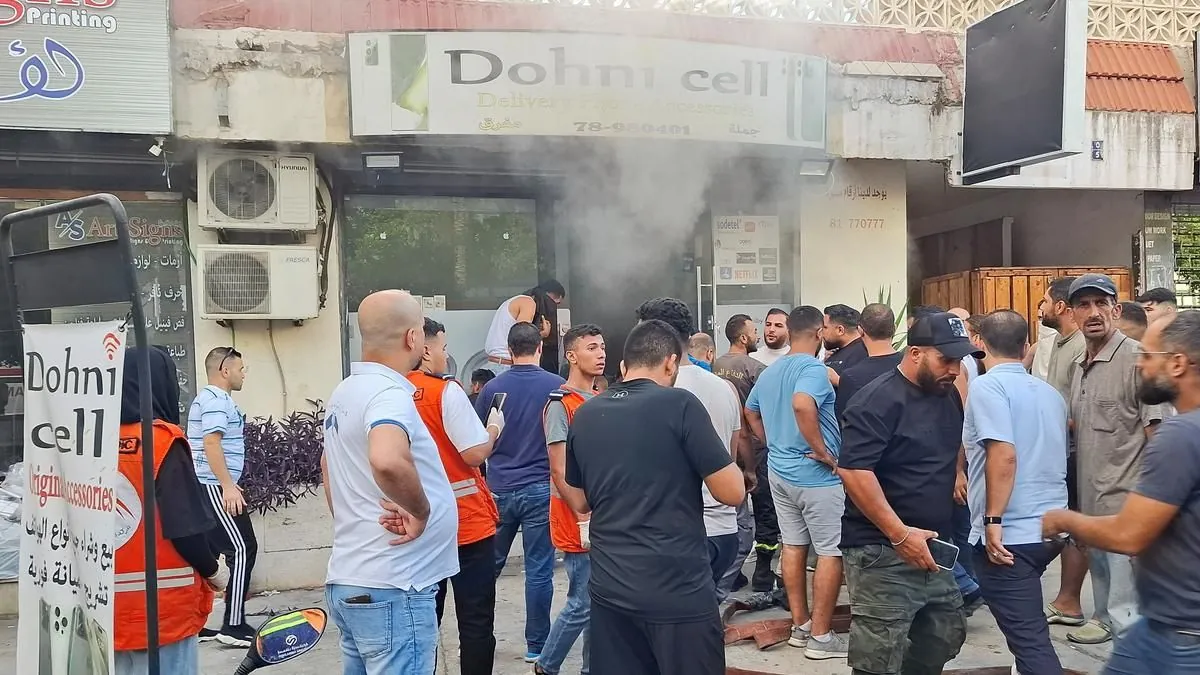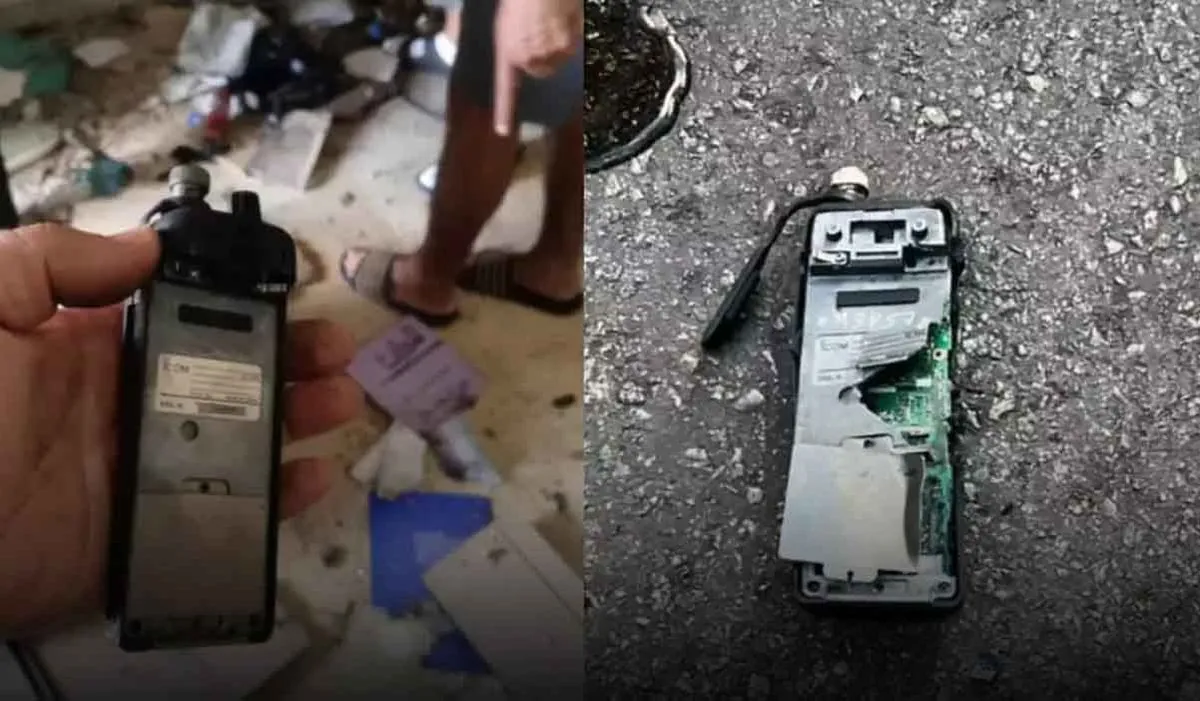Hezbollah Reels from Devastating Pager Attacks, Exposing Communication Vulnerabilities
Remotely triggered explosions in Hezbollah pagers and walkie-talkies killed 37 and injured over 3,000 in Lebanon. The attacks, blamed on Israel, exposed weaknesses in the group's communication system and affected its civilian institutions.

In a series of unprecedented attacks, remotely triggered explosions targeted pagers and walkie-talkies used by members of Hezbollah in Lebanon. The incidents, which occurred approximately two days ago, resulted in at least 37 fatalities, including two children, and left more than 3,000 individuals wounded. These attacks have exposed significant vulnerabilities in the organization's communication systems and operations.
The explosions affected various sectors of Hezbollah, including its civilian institutions such as healthcare and media operations, as well as its fighters. This widespread impact has dealt a substantial blow to the group's functionality beyond the battlefield. While Israel has not officially claimed responsibility, many analysts attribute the attacks to the Israeli government.
Hezbollah, founded in 1982 during the Lebanese Civil War, has long been a significant player in the region's geopolitics. The organization, which operates as both a political party and a militant group, has been involved in multiple conflicts with Israel, including the 2006 Lebanon War. Its military wing is estimated to have tens of thousands of fighters, and the group receives substantial support from Iran.
The recent attacks have highlighted the weaknesses in Hezbollah's low-tech communication system, which the group had adopted to avoid Israeli surveillance of cellphones. This shift in communication methods came after Hassan Nasrallah, the group's leader, warned members against using mobile phones in February 2024, citing security concerns.

Despite the significant impact of these attacks, analysts suggest that Hezbollah will likely be able to regroup militarily and find alternative communication methods. However, the psychological effects of this breach are expected to be profound and long-lasting.
The organization has continued to launch rockets into Israel following the attacks, albeit at a reduced frequency. This ongoing conflict is part of the broader tensions that escalated after the Hamas-led assault in southern Israel on October 7, 2023, which triggered a massive Israeli counteroffensive in Gaza.
Hezbollah's involvement in the current conflict began on October 8, 2023, when it started exchanging fire with Israel's military in support of its ally, Hamas. The group has stated that it will cease its attacks if a ceasefire is implemented in Gaza.
"It will require time to heal and replace those who were targeted."
The attacks on Hezbollah's communication network are likely to be more disruptive than the human losses. The organization may need to rely more heavily on its private fiber-optic landline network or explore even lower-tech solutions to maintain secure communications.
As Hezbollah grapples with the aftermath of these attacks, the group faces the challenge of rebuilding its communication infrastructure while addressing the psychological impact on its members and supporters. This event marks a significant setback for the organization, exposing its vulnerabilities and potentially forcing a reevaluation of its operational strategies in the ongoing conflict with Israel.


































